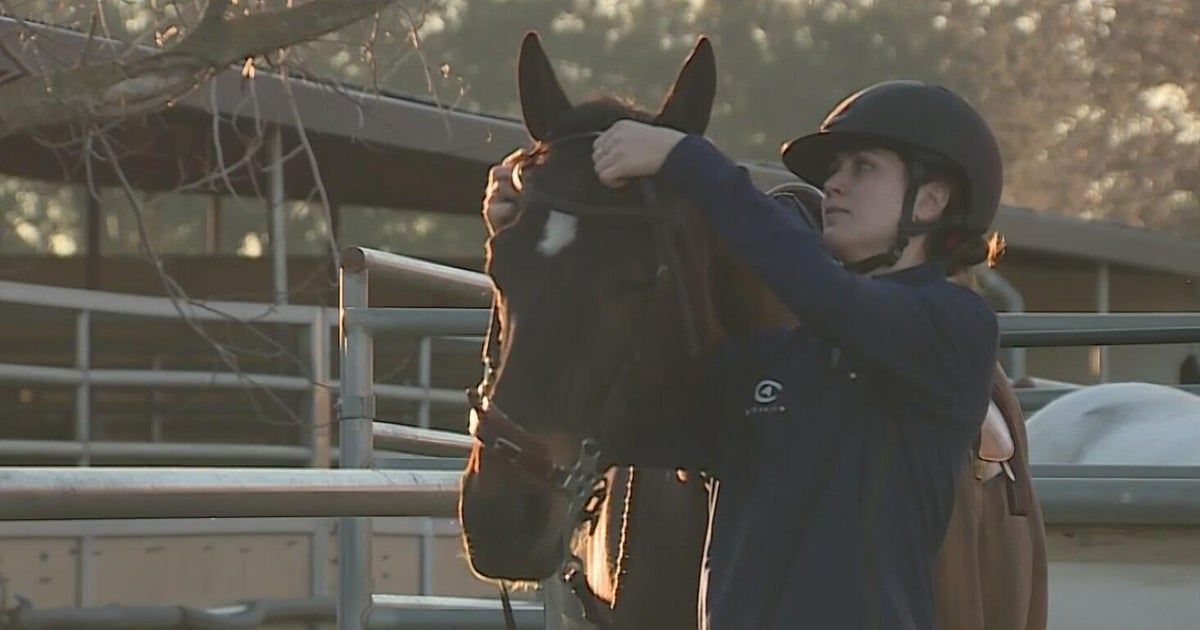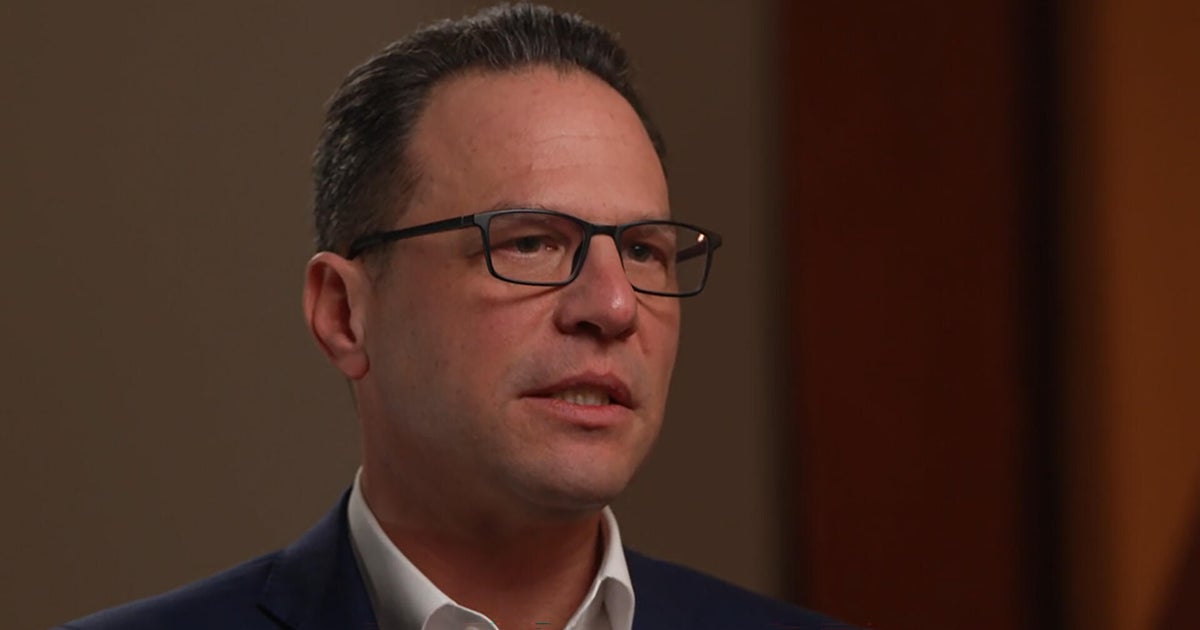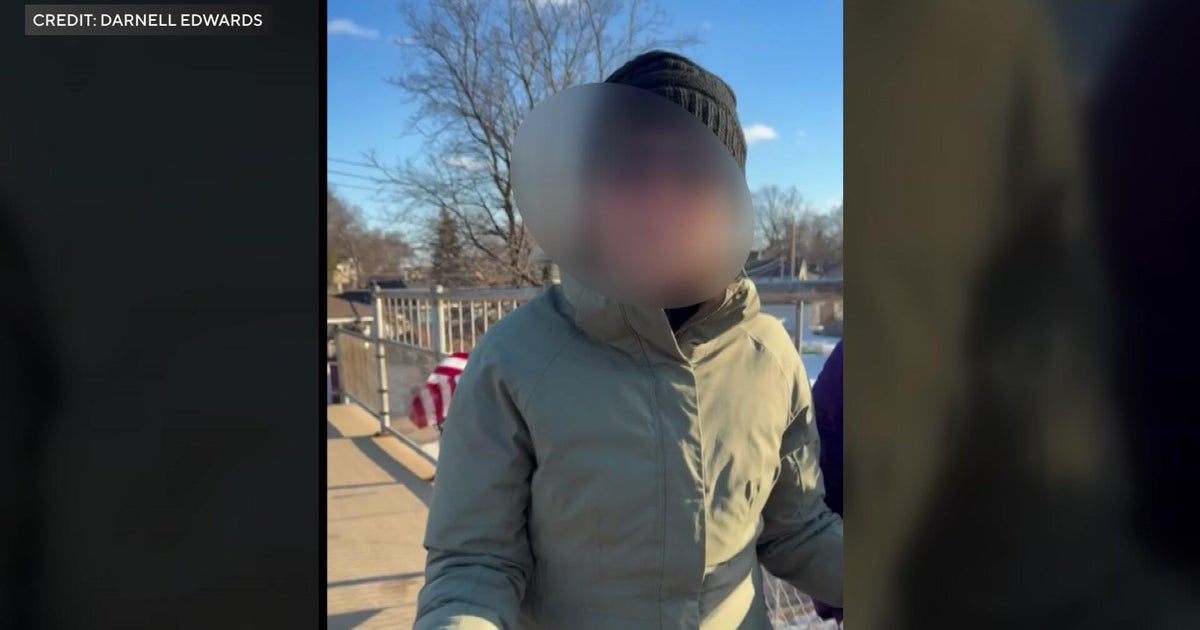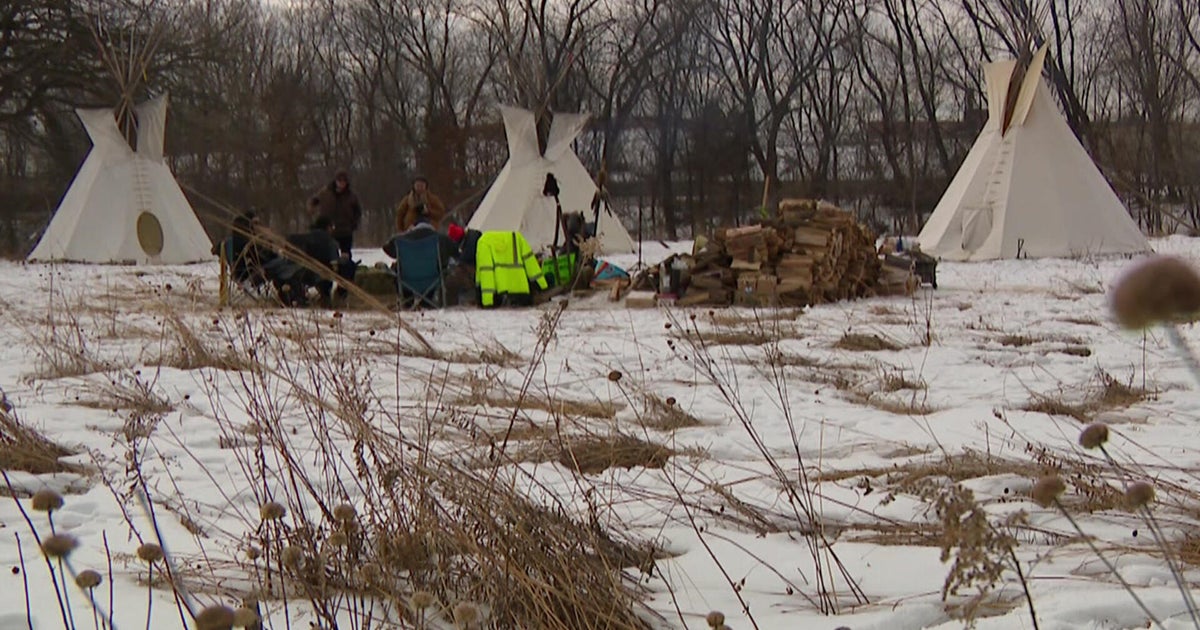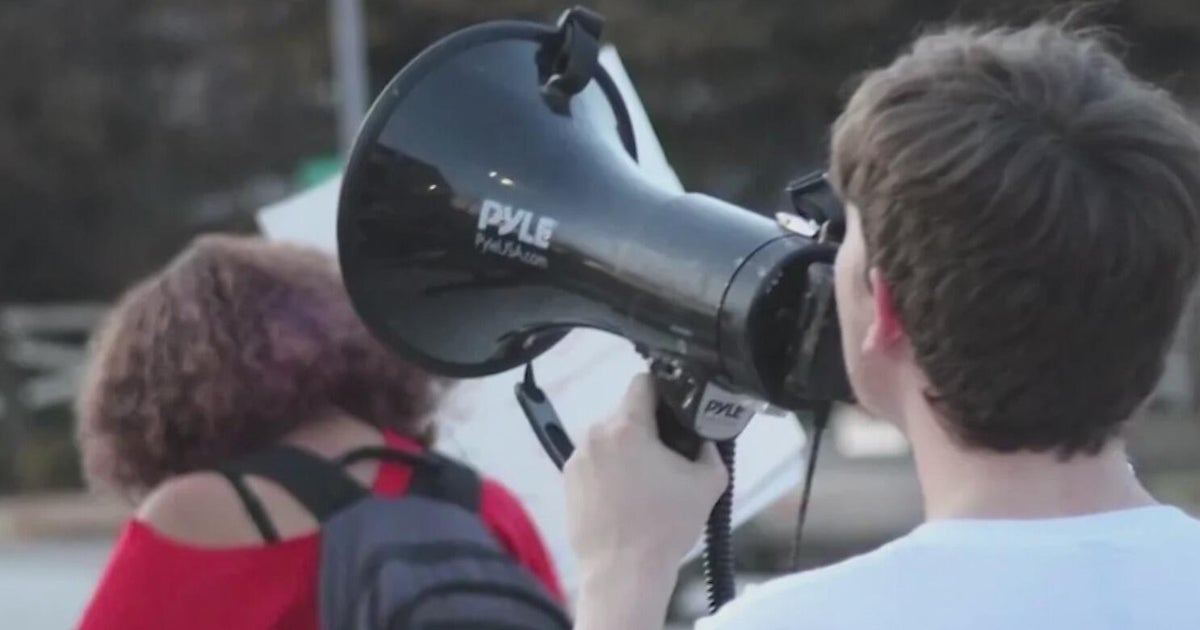Judge lets pro-Palestinian protesters join lawsuit alleging antisemitism at UC Berkeley
A federal judge has permitted pro-Palestinian student activists at the University of California, Berkeley to present their side of the story in a lawsuit filed against the school alleging antisemitism.
A Jewish advocacy group is suing UC Berkeley for what it calls the "longstanding, unchecked spread of antisemitism" on campus.
The lawsuit was filed late 2023 by the Louis D. Brandeis Center for Human Rights Under Law, a nonprofit organization that supports the civil rights of Jewish people. They argue that UC Berkeley failed to protect students and faculty against antisemitic discrimination and harassment because the school did not clear a pro-Palestine encampment or stop demonstrations.
The suit also focuses on the action of a student group, Berkeley Law Students for Justice in Palestine, that adopted a bylaw that banned supporters of Zionism from speaking at its events. Roughly 22 other UC student groups adopted variations of this bylaw.
In June, the university filed a motion in the U.S. District Court, Northern District of California to dismiss the case, and a decision is pending.
The Brandeis lawsuit disputes the language used by the protestors.
"Anti-Zionism is different from criticism of Israel or opposition to the policies of the Israeli government," the lawsuit states. "Anti-Zionism rejects the very right of Israel to exist and denies Jews the fundamental right to self-determination."
UC Berkeley's response to nationwide protests in the wake of the Hamas strike on Israel contrasted with the more aggressive police clearings happening on other UC campuses, like UCLA. Similar scenes were happening at high-profile universities around the country, like Columbia University and the University of Pennsylvania, which have also been sued by the Brandies Center.
UC Berkeley argued that doing so would have violated its students' constitutional rights.
"The university stated that it did not use law enforcement to clear the protest because it did not want to create turmoil, which is the sort of on-the-ground judgment that courts are not supposed to second guess," the motion to dismiss the case read, adding that the university publicly condemned acts of antisemitism.
"But neither the Constitution nor federal civil rights statutes make universities automatically liable for even abhorrent conduct by their students," the motion read.
"We have confidence in our filings and arguments to dismiss, and will continue to let them speak for themselves," said Dan Mogulof, spokesperson for UC Berkeley on Monday.
Attorney Ronald Cruz, speaking on behalf of the student coalition of pro-Palestinian protest groups, that the lawsuit asks the federal courts to make any criticism of Israel illegal, under the false claim that it is "antisemitic." He said a trial would present an opportunity for the students to clarify their message. Their protest called for the university to divest from companies that benefited from the war in Gaza, he said, and was not that they are antisemitic.
"We're going to have the opportunity to present evidence, including student witnesses and expert witnesses," said Cruz at a press event Monday on the UC Berkeley campus about how his side is building its case.
"The university has refused to acknowledge that anti-Zionist Jewish students even exist on campus," said Muki Varkan at the event, an Israeli American law student and member of the national organization Jewish Voice for Peace.
"This discussion needs to be heard, because they're weaponizing antisemitism to silence these voices," he said.


